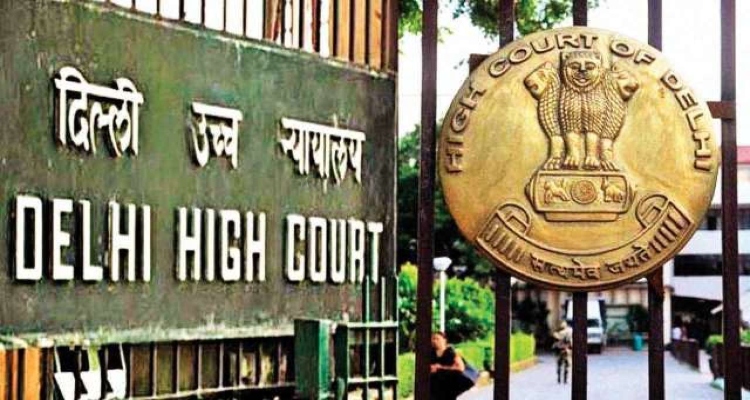
The Delhi High Court on Thursday extended the interim bail granted to businessman Arun Ramachandran Pillai in a money laundering case linked to the Delhi excise policy case. The extension was given to allow Pillai to look after his ailing wife in Hyderabad.
Previously, a vacation bench of the Delhi High Court extended the interim bail till January 4, 2024, following complications that arose after the discharge of Pillai’s wife from the hospital.
Earlier, a trial court had granted a two-week interim bail to Arun Pillai with the condition that he furnishes a personal bond of Rs 4 lakh with one surety of the same amount. During this period, he was directed not to leave the limits of his native Hyderabad unless necessary for his wife’s treatment. He was also instructed not to tamper with evidence, influence witnesses, or make any attempt to do so.
Advocates Nitesh Rana and Deepak Nagar, representing Arun Pillai, informed the court about the complications in his wife’s health after her discharge, leading to the extension request.
Pillai was arrested by the Enforcement Directorate (ED) in March 2023 in connection with the Delhi excise policy scam. The federal agency had accused him of collecting bribes from another accused, Sameer Mahendru, Managing Director of Indospirit, and passing them on to other accused.
The ED has filed a supplementary complaint in the case against Pillai and Delhi-based businessman Amandeep Dhall. The chargesheet alleges that Pillai gave false statements during the investigation, participated in evidence destruction, and attempted to create a legal facade by retracting his statements.
In the larger context of the excise policy scam, irregularities were alleged during the modification of the Excise Policy, with undue favors granted to license holders, waiving or reducing license fees, and extending the L-1 license without proper authority approval. The ED and the CBI have claimed that beneficiaries diverted “illegal” gains to accused officials and made false entries in their books to evade detection. The Excise Department was accused of refunding the Earnest Money Deposit against set rules and allowing a waiver on tendered license fees due to COVID-19 without proper provisions.




